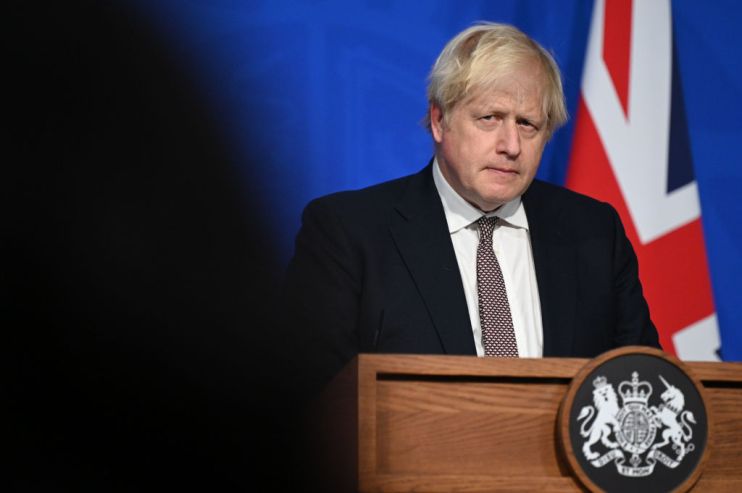Boris Johnson social care changes dubbed ‘working-class dementia tax’ by Keir Starmer

The prime minister was accused of launching a “working-class dementia tax” by Sir Keir Starmer in the Commons yesterday, following changes to social care.
The accusations came after Boris Johnson announced changes earlier this week to his social care policy which will see older, less well-off people face costs of up to £86,000 for their own care.
In a fierce exchange of words Starmer accused the UK prime minister of having “picked the pockets of working people”.
“Under his plan, someone with assets worth about £100,000 will lose almost everything,” he said.
“Yet somebody with assets of about £1 million will keep almost everything.”
Johnson argued that the government was solving a problem which has been largely ignored for 70 years but he refused to repeat one of the promises from the 2019 Conservative manifesto – that no one would need to sell their home to cover the costs of social care.
Under the new social care plan, which the prime minister insisted was more generous than the current system, people with assets under £20,000 will not have to contribute towards their care costs from October 2023, while those with over £100,000 worth of assets will pay for everything up to £86,000.
But for those with assets between £20,000 – £100,000, while they can qualify for council help, they will eventually have to pay up to £86,000 towards their care.
Starmer compared the new policy to a notorious 2017 manifesto policy by Theresa May, which was dubbed a “dementia tax”, and included the value of a person’s house in a means test for their care at home.